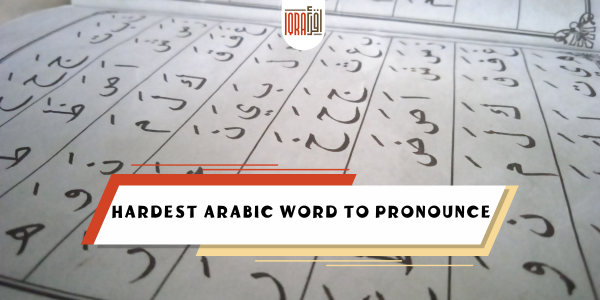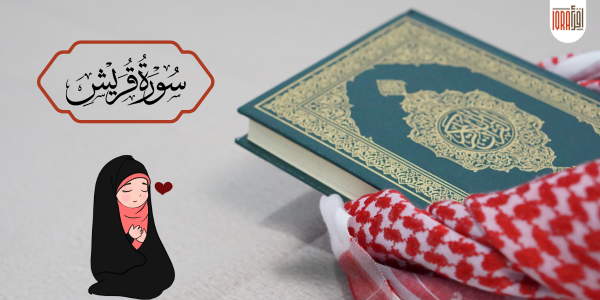Ramadan, the holy month of fasting, reflection, and prayer for Muslims around the world, stands as a pillar of faith and a powerful testament to spiritual discipline and devotion. During this month, followers of Islam observe fast from dawn until sunset, refraining from consuming food, drink, and engaging in sinful behaviors. This practice, known as Ramadan fasting, not only purifies the soul but also strengthens the bonds within the Muslim community.
Understanding Ramadan Fasting
Ramadan fasting holds a profound place in Islamic tradition, as it commemorates the month in which the Quran was revealed to Prophet Muhammad (peace be upon him). This act of fasting is mandated in the Quran, where Allah says,
“O you who have believed, decreed upon you is fasting as it was decreed upon those before you that you may become righteous”
يَـٰٓأَيُّهَا ٱلَّذِينَ ءَامَنُوا۟ كُتِبَ عَلَيْكُمُ ٱلصِّيَامُ كَمَا كُتِبَ عَلَى ٱلَّذِينَ مِن قَبْلِكُمْ لَعَلَّكُمْ تَتَّقُونَ (Quran 2:183).
The essence of fasting during Ramadan goes beyond mere abstinence from physical nourishment; it is a time for spiritual reflection, improvement, and a deeper connection with Allah.
The Spiritual Dimensions
The spiritual journey of Ramadan is not just about abstaining from food and drink; it’s an opportunity to cleanse the soul, refocus attention on God, and practice self-discipline and sacrifice. The Prophet Muhammad (peace be upon him) said, “When the month of Ramadan starts, the gates of heaven are opened and the gates of Hell are closed, and the devils are chained” (Bukhari). This hadith highlights the sanctity of Ramadan, making it a perfect time for spiritual rejuvenation and seeking closeness to Allah.
Health Benefits and Social Aspects
Interestingly, Ramadan fasting also comes with numerous health benefits, including detoxification, improved brain function, and weight management. However, the social aspect of Ramadan is equally significant. It fosters a sense of community, as Muslims gather for the nightly prayers (Taraweeh) and break their fast together during Iftar, reinforcing the bonds of brotherhood and unity.
The Practice of Fasting
Fasting during Ramadan is obligatory for all adult Muslims, except those who are ill, traveling, elderly, pregnant, breastfeeding, diabetic, or going through menstrual bleeding. Suhoor (pre-dawn meal) and Iftar (meal at sunset) mark the beginning and end of each day’s fast. The practice encourages generosity and charity, with many Muslims participating in giving Zakat (obligatory charity) and providing meals for the less fortunate
The Significance of Laylat al-Qadr
One of the highlights of Ramadan is Laylat al-Qadr (the Night of Decree), believed to be the night when the Quran was first revealed. This night, which falls within the last ten days of Ramadan, holds immense importance as “The Night of Glory is better than a thousand months.” لَيْلَةُ ٱلْقَدْرِ خَيْرٌۭ مِّنْ أَلْفِ شَهْرٍۢ (Quran 97:3). Muslims seek this night through extra prayers, recitation of the Quran, and supplication, hoping for forgiveness and blessings from Allah.
Embrace the Spirit of Ramadan
Ramadan is much more than fasting from dawn until dusk; it’s a journey of spiritual purification, self-discipline, and community. It’s a time to reflect on one’s life, make amends, and strive for a closer relationship with Allah. As we observe this sacred month, let’s embrace its true spirit by improving our faith, performing good deeds, and spreading kindness and compassion.
Take the Next Step
Are you interested in deepening your understanding of Ramadan and other Islamic practices? Sign up for our program, and embark on a journey of spiritual learning and growth. Our courses, accessible here, offer comprehensive insights into Islamic teachings, helping you to live a more fulfilling and devout life.
Conclusion
Ramadan fasting is a time of reflection, community, and faith. It’s an opportunity to cleanse the soul, deepen one’s relationship with Allah, and experience the joy of giving. By observing the fast with sincerity and devotion, Muslims worldwide renew their faith, cultivate moral discipline, and strengthen the bonds of community. Let’s cherish this blessed month as a time of spiritual renewal and a reminder of the virtues of patience, humility, and generosity.
As we continue our journey through the holy month of Ramadan, remember the words of the Prophet Muhammad (peace be upon him) and seek to embody the principles of kindness, compassion, and devotion. Join our program and explore our courses to enrich your understanding of this sacred tradition and foster a deeper connection with your faith.





0 Comments
Oops comments are disabled